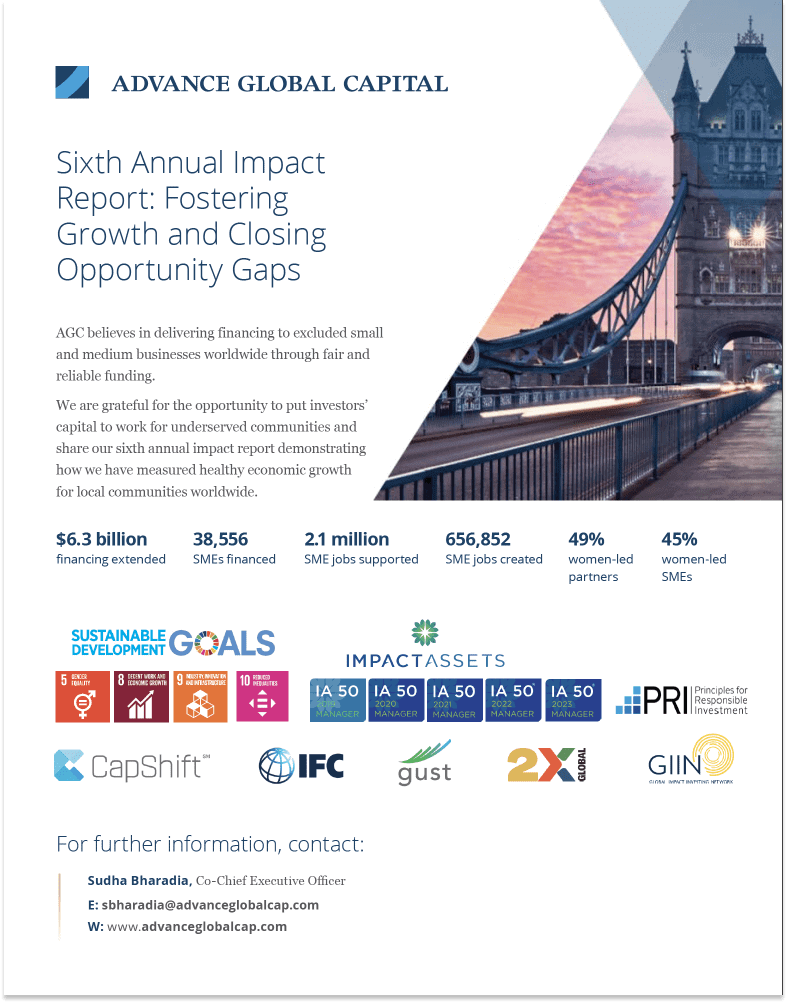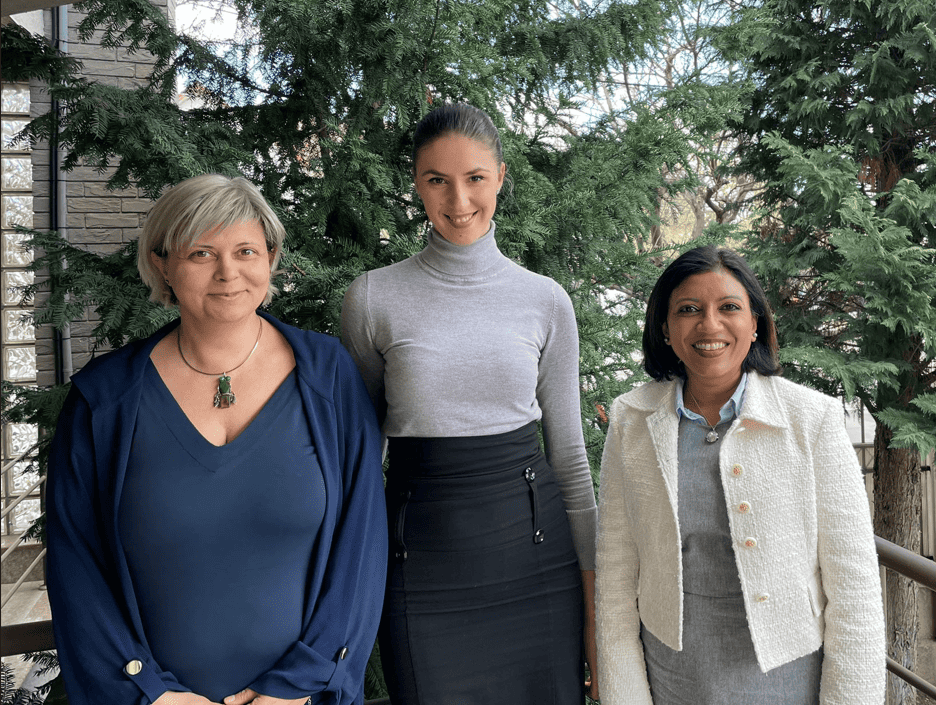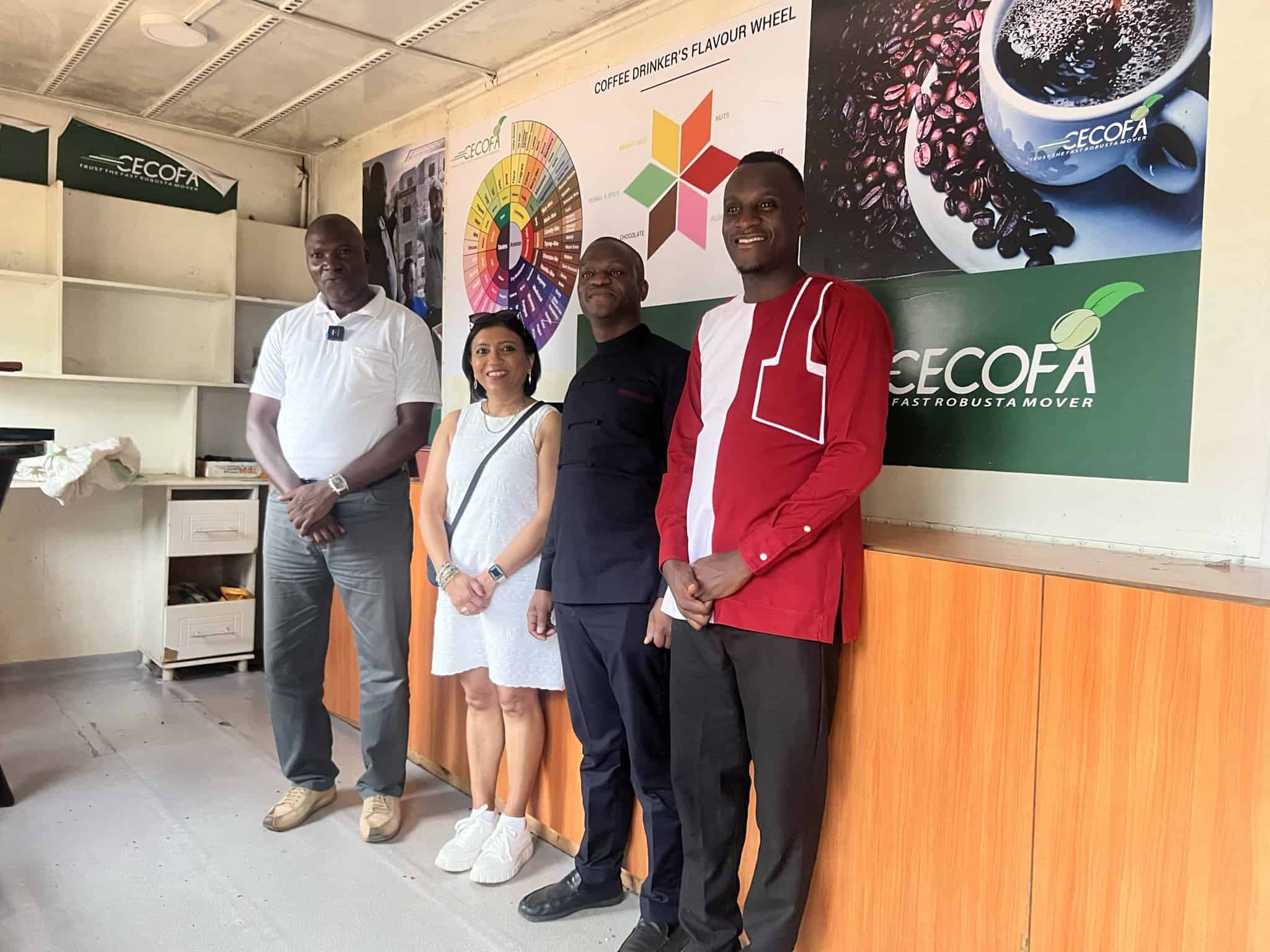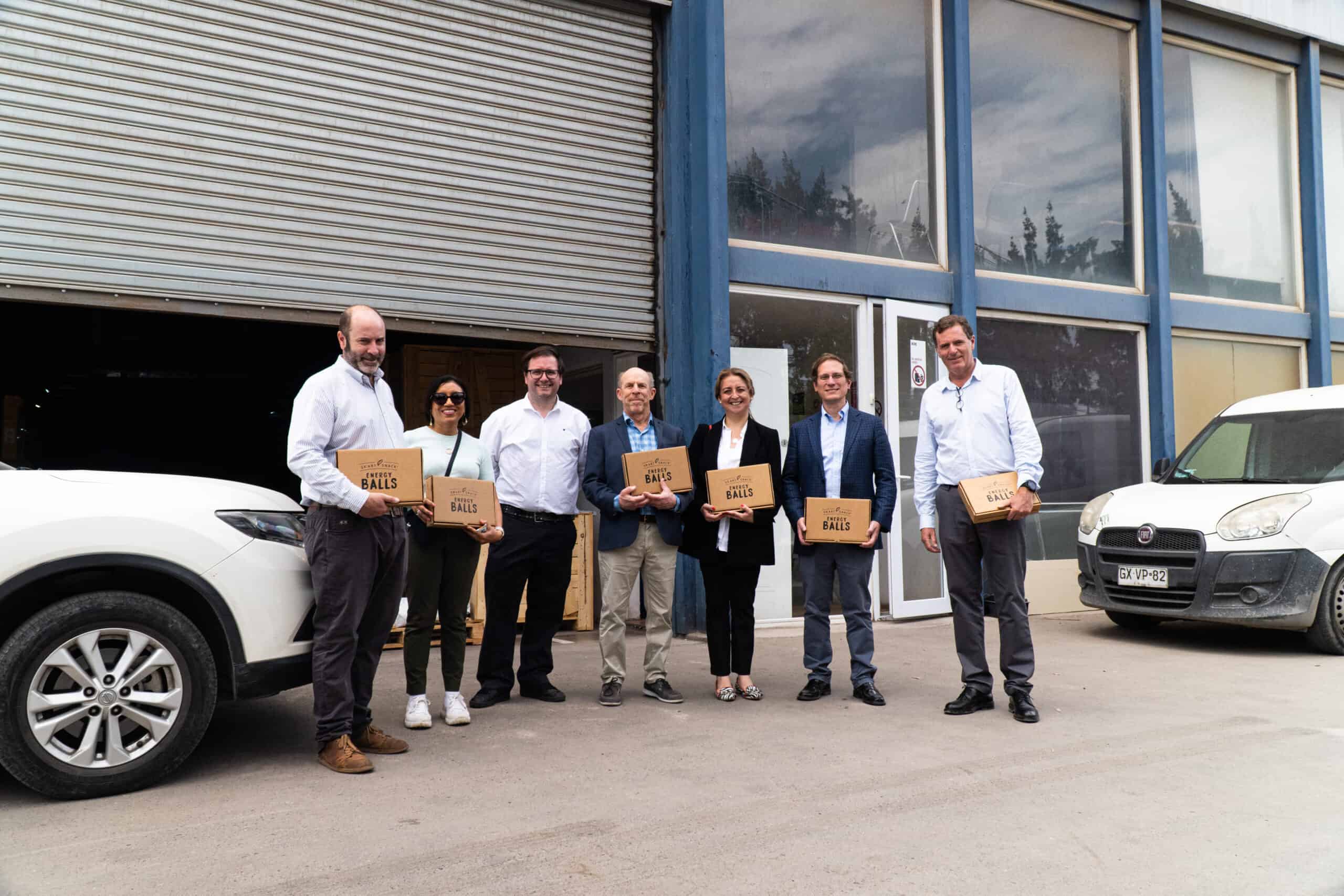Impact
Inclusive, Sustainable Financing Targeting Small Businesses
We believe that the best way to reduce poverty is through sustained economic growth and that private capital, when invested well, does good. Our mission is to support local, responsible and inclusive economic growth by delivering well-structured financing options that help underserved small businesses thrive. We seek to generate long-term competitive financial returns for investors and measurable positive social impact in local communities around the world.
Advance Global Capital’s four impact goals are financial inclusion, SME job creation and revenue growth, strong financial ecosystems, and more economic opportunities for women. Environmental, social and governance (ESG) considerations are integrated throughout our investment process to generate measurable positive impact and reduce risk.
We promote our impact objectives by delivering flexible capital to small and medium businesses (SMEs) in underserved markets and work providing tailored financing to non-bank financial institutions. We target regions where we can have a lasting impact because the SME community is underserved by financial services and shows potential for growth. By working with non-bank financial institutions to establish rigorous lending practices and offering competitively priced funding we develop local capacity, stronger financial ecosystems and lasting financial inclusion.
Sixth Annual Impact Report: Fostering Growth and Closing Opportunity Gaps
Our sixth annual impact report summarizes how we have been utilizing capital to benefit our valued investors, partners, and local communities across the globe. Our comprehensive report examines the outcomes and achievements of our commitment to driving positive change and empowering small businesses. AGC believes in delivering financing to excluded small and medium businesses that represent over 90% of all businesses worldwide. By providing fair and reliable funding, we believe SMEs can invest in their people and local businesses, fostering healthy economic growth within communities.
With $6.84 billion in funding extended to 44,428 SMEs in 66 countries, supporting an estimated 2,100,000 jobs, we are committed to building inclusive communities and a better future. As a woman-owned and led company, we champion diversity throughout the value chain, with 49% of our financial institution partners and 45% of our surveyed SME clients being women-led.
We are grateful for the opportunity to put investors’ capital to work, supporting underserved small businesses worldwide and creating lasting impact.
Measuring Impact
We are committed to rigorous qualitative and quantitative measurement of the size and quality our funding has in the communities in which we operate.
Gender-based approaches are integrated throughout the lifecycle of our investment process – from the choice of the underlying financial instrument, which does not require collateral, to the way we recruit and mentor our own team, to how we source deals and promote and engage with our partners around the globe about the potential of investing in women. We lead by example with our partners – and actively promote inclusive business practices to ensure continuity of businesses led by women – and other underserved groups. Details on how we operationalize a gender-lens approach in our investment process are included in our Environmental, Social, Governance, and Impact (ESGI) Policy.
$5 trillion
SME financing gap in developing economies.1
$600 million
The number of new jobs needed over the next 15 years to absorb a growing global workforce.2
9 out of 10
International Finance Corporation estimate for new jobs in the developing world for which SMEs are responsible.1
68
Days suppliers wait to get paid, globally. In emerging markets, they can wait 90 days or more for payment.3
Big Impact Financing Small Business
The smaller a business, the less power and fewer options it has, and the more vulnerable it is to external forces, such as climate change or a bank’s willingness to lend. Our strategy is accessible to the smallest of businesses with the least access to bank financing—such as women and other minority-owned companies. We provide tailored financing to our partners who then deliver flexible, transparent, inclusive working capital to SMEs.
/jobsanddevelopment/overview [3] Navigating Uncertainty: PwC’s Annual Global Working Capital Study 2018/19. Days Payable Outstanding was 67.7 in 2017. https://pwc.com/gx/en/working-capital-management-services/assets/pwc-working-capital-survey-2018-2019.pdf
Alignment to Global Sustainability Standards
We measure key social metrics as defined by Impact Reporting and Investment Standards (IRIS) with a particular focus on job growth and financial inclusion for women. Our investment process takes an integrated approach to achieving our ESG objectives including the avoidance of fossil fuels and compliance with the International Finance Corporation’s Exclusion List. We are closely aligned with United Nations Sustainability Goals 5, 8, 9 and 10, are members of the Global Impact Investing Network (GIIN), signatories to the UN’s Principles for Responsible Investing (PRI) and a member of the Impact Management Project Practitioner Community.
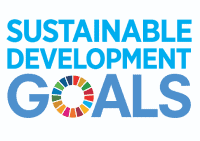
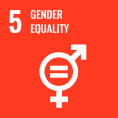
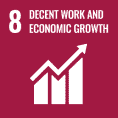
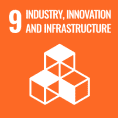
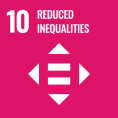


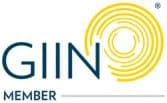
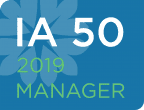
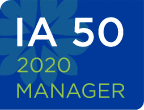
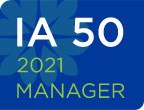
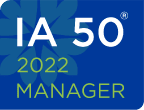
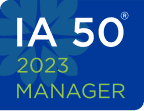
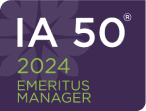
1 Data source : AGC and financing partners’ activity since inception (cumulative).
Data source: AGC estimate based on latest impact survey multiplied by number of entities as of the time period noted. Please see Chapter 3 – Methodology for full details.
Data source: AGC estimate based on latest impact survey multiplied by number of entities as of the time period noted. Please see Chapter 3 – Methodology for full details..
Data reflects outcomes reported in 2022 unless otherwise noted.

